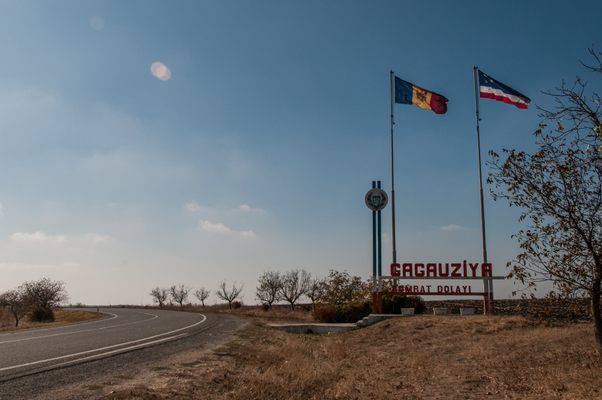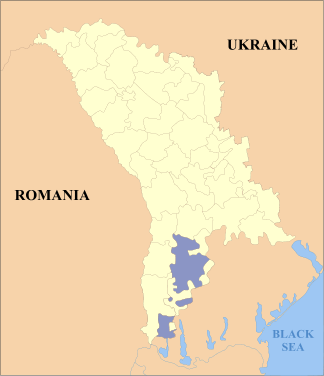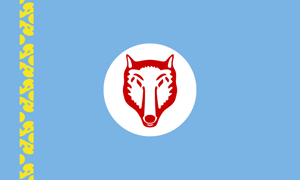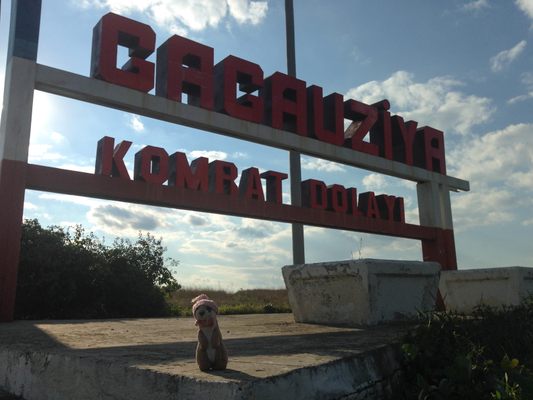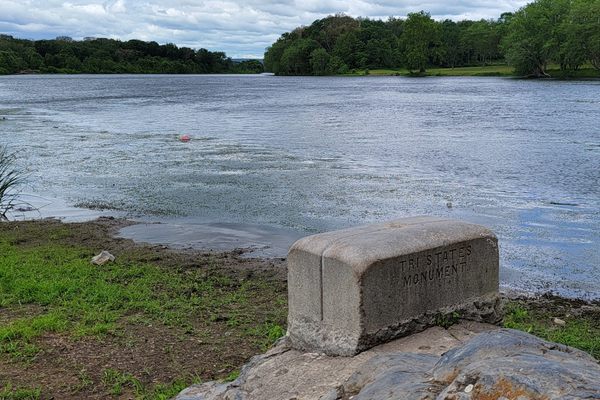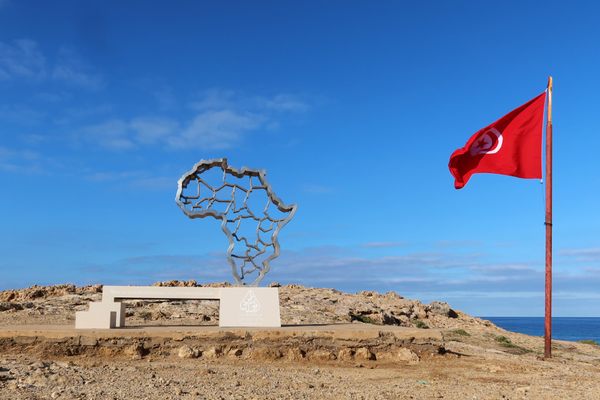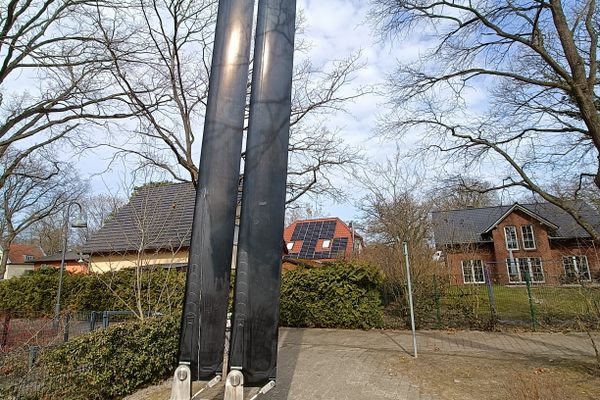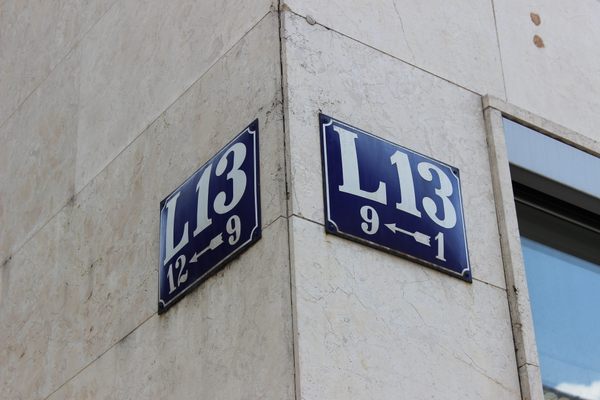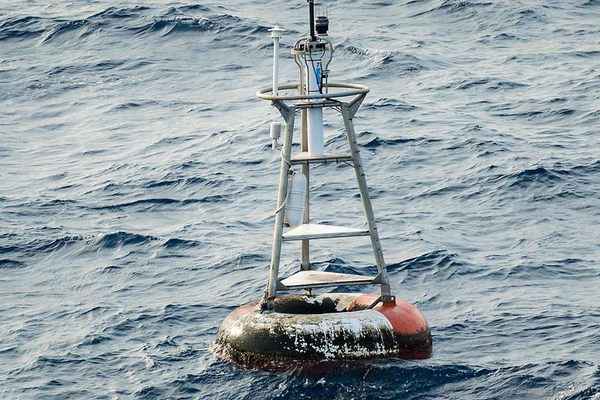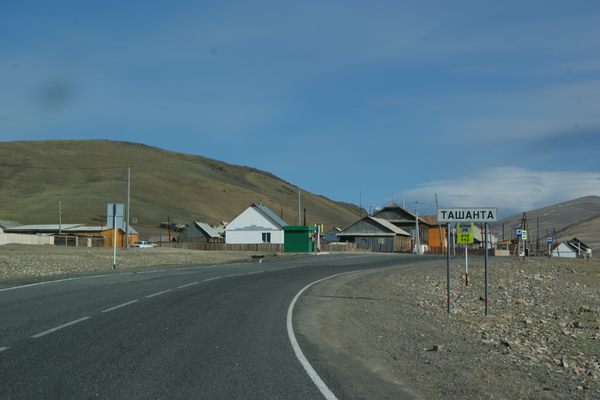About
Driving across Moldova towards the city of Ciucur-Minger, you might pass a small sign reading "Gagauziya" and below that, "Komrat Dolayi." It would be easy to miss the fact that you have just entered a separate country... the beginnings of one at least.
There are currently 195 countries and 38 dependencies (areas such as Guam and the Falkland Islands) in the world. Considering the diversity of language, heritage, and history of nearly seven-and-a-half billion people, 233 states and dependencies is shockingly small number. Enter the autonomous region. Often disputed and rarely recognized by the country they wish to secede from, around the world autonomous regions fight to represent themselves as an independent entity, and more importantly, to control their destiny.
Such is the case of Gagauzia, a proto-state consisting of just three towns, separated into four geographically disconnected enclaves all contained within the borders of Moldova; Gagauzia is an archipelago of national yearning.
In the late 1980s and early 1990s as the USSR began to crumble and Moldova moved towards becoming an independent country, two groups of Moldovans began to wonder if perhaps it was time to declare their own independence. Nation building, it seems, can be contagious. In the more extreme of the two cases, Transnistria (also known as Pridnestrovian Moldavian Republic’ or ‘PMR’) declared war on its parent country of Moldova in 1990, a conflict which lasted two years, resulted in over a thousand deaths, and ended in a 1992 ceasefire. The conflict has never been resolved and Transnistria has been locked in a state of suspended military aggression ever since.
Gagauzia meanwhile took a softer approach. Gagauzia is made up almost entirely of ethnic Gagauz, a group of Turkish speaking Bulgurs of mysterious descent. Eastern Orthodox Christians, they speak mostly Russian or Gagauz and tend to share a rose tinted vision of rule under the USSR. However unlike Transnistria the existence of Gagauzia was announced not with guns but with a referendum. In 1991 Gagauzia voted unanimously to stay in the USSR, which quickly became a moot point. The next vote was for their own independence. By 1994, the Moldovan parliament had given Gagauzia a special legal status. Not a country exactly, but the right to some self-determination.
Today Gagauzia is in a perilous situation. The poorest region of the poorest country in Europe, they lack many of the basic resources to advance their proto-state. In addition, while Moldova is actively trying to make its way into the European Union, Gagauzia leans heavily towards Russia, with statues of Lenin still proudly standing outside their state buildings. With Ukraine right next door, and Moldova looking to the EU, Gagauzia starts to look a lot like the Crimea, a strategically important area with a population looking to Russia for help.
Related Tags
Know Before You Go
Seen along highway M3 driving north into Ciucur-Minger.
Published
August 16, 2017
